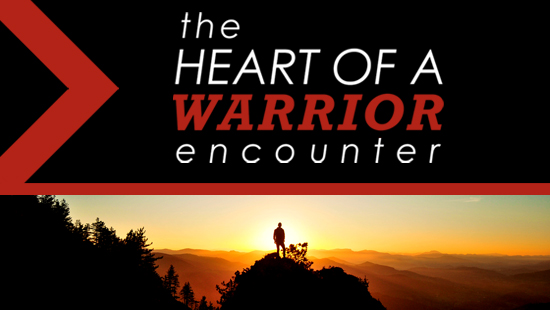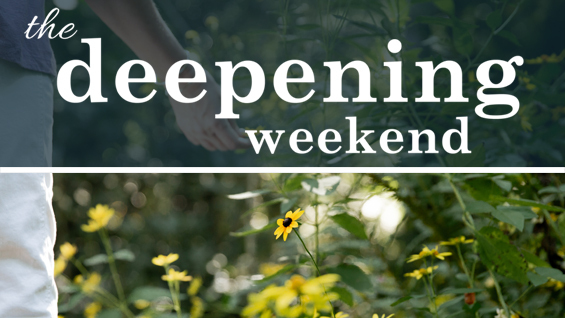It is for freedom that Christ has set us free. Stand firm, then, and do not let yourselves be burdened again by a yoke of slavery. - Galatians 5:1
In the story, The Lion, the Witch, and the Wardrobe, C. S. Lewis offers us a glorious picture of our value. Aslan, the Great Lion, has come to partner with Peter, Susan, Edmund, and Lucy, and restore all of Narnia, which is under the curse of a perpetual winter without Christmas. A type of Christ, Aslan goes to the Stone Table (symbolizing the cross) to redeem Edmund, Son of Adam (the image-bearer who was lost).
Having paid the terrible price of death for Edmund’s ransom, the resurrected Aslan tells Lucy and Susan how the “deep magic” of his redemptive work was accomplished:
“It means,” said Aslan, “that though the witch knew the Deep Magic, there is a magic deeper still which she did not know…she would have known that when a willing victim who had committed no treachery was killed in a traitors stead, the (Stone) Table would crack and Death itself would start working backward.”
We see this theme repeatedly in all the epic stories. In the movie Gladiator, Maximus, slain in the arena for the freedom of his men and of Rome, whispers as he dies, “Now Lucius is safe.”
Braveheart, William Wallace will not compromise himself nor the mission that found him, so he fights for freedom and inspires a nation to neither settle nor compromise. At the end of the film, the narrator says of Wallace’s death by torture:
“It did not have the effect Longshanks thought it would. Instead, in the year of our Lord 1314, patriots of Scotland, starving and outnumbered, charged the fields of Bannockburn. They fought like Warrior Poets. They fought like Scotsmen. And won their freedom.”
Mr. Darcy comes for Lizzy (Pride and Prejudice); Nathaniel rescues Cora (Last of the Mohicans); Jack dies so Rose can live (Titanic); Noah reads to Ally and she remembers (The Notebook); and because Ray “builds it,” his father comes and there is restoration through a game of catch (Field of Dreams).
All the things that move our hearts in these great stories are but shadows of the Larger Story.
All of these characters, these types of Christ personified in the epic tales (the Larger Gospel), borrow their strength and heroic storylines from the one true Hero.
Everything we love about these heroes we find true of our Savior-King who traded places with us so we might be free (Gal. 5:1). He comes, He rescues, He heals, He defends, He sacrifices, and He dies inviting us to live.
He restores all for love and in love he moves our hearts to freedom.
The freedom Christ purchased was a freedom from the penalty and presence of sin in our lives—freedom from so we can be free to become. Free to become more, to become who we truly have in us to be. This isn’t just a good deal for us. God also benefits greatly. He gets what he wants. He gets back the desire of his heart, what he is most fiercely after: his image-bearers, his beloved children, and the chance to love them.
Over and over we tell tales of love and sacrifice, rescue and redemption, good versus evil, all with the hope of that great line:
“And they lived happily ever after.”
We don’t just watch these stories. We feel them! Yet too often, this deep response of the heart is “lost in translation.” We men are unable or unwilling to see and hear these stories, which are reflections of our stories in the context of the Larger Story. The heroes in the stories that inspire us invite us to see what our hearts are made for. When we fail to connect the themes in these stories with the themes in our own stories, then we miss the larger life for which we are being called. Often we miss our moment to step up and in to play the hero’s part because we don’t see and hear these moments of invitation; opportunities to love well, fight well, and offer a true masculine presence with both compassion and strength. And when we miss them, they are gone…until the next opportunity comes, which is often and great. How is He preparing you for such moments?
In your time alone with God, ask Him:
Father, what is in the way of my training in becoming more like Jesus?
Jesus, where am I undisciplined, unfocussed, or unskilled (as of yet) to offer a Kingdom Love and Kingdom Life to those around me?
Holy Spirit, prompt my heart, eyes, and ears to engage in the moments to love well and offer patience, kindness, and grace… just as I hope others would offer to me.


